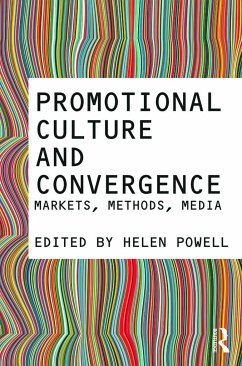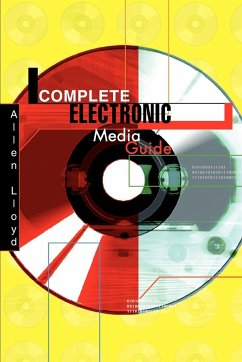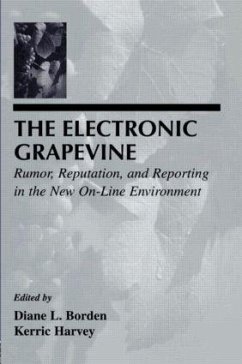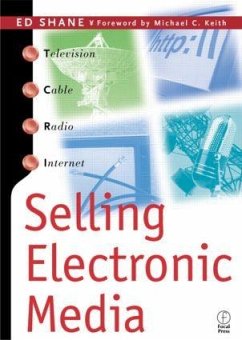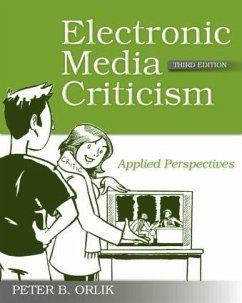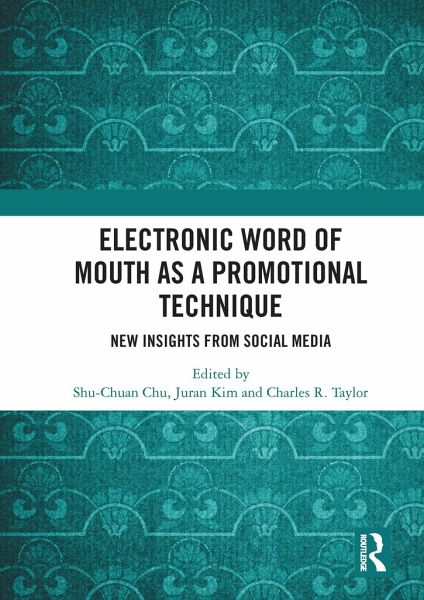
Electronic Word of Mouth as a Promotional Technique
New Insights from Social Media
Herausgeber: Chu, Shu-Chuan; Taylor, Charles R.; Kim, Juran

PAYBACK Punkte
27 °P sammeln!
Recent years have seen digital advertising grow to the point where it will soon overtake television as the no. 1 advertising medium. In the online environment, consumers interact and share their thoughts on brands and their experiences using them. These electronic word-of-mouth (eWOM) communications have become a very important to the success of products. In today's cluttered environment, it is especially important to study how the practice of eWOM advertising operates, and how marketers can influence eWOM in social media and other online sites. This volume starts with a chapter on the current...
Recent years have seen digital advertising grow to the point where it will soon overtake television as the no. 1 advertising medium. In the online environment, consumers interact and share their thoughts on brands and their experiences using them. These electronic word-of-mouth (eWOM) communications have become a very important to the success of products. In today's cluttered environment, it is especially important to study how the practice of eWOM advertising operates, and how marketers can influence eWOM in social media and other online sites. This volume starts with a chapter on the current state of knowledge on eWOM and then turns its attention to current research articles on a variety of eWOM formats. These include the posting of selfies on social media, the influence of review types on consumer perception and purchase intention, the effects of preannouncement messages, and how user-generated content can be used to induce effectiveness of eWOM on social media. The relationship of eWOM to brand building is emphasized in several of the chapters. This book was originally published as a special issue of the International Journal of Advertising.





